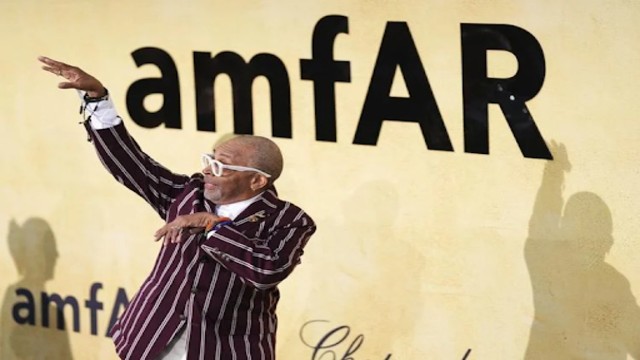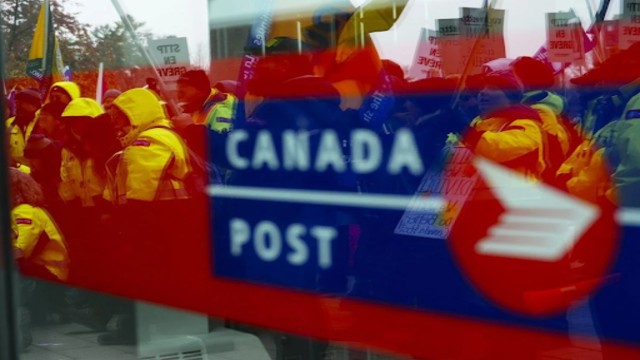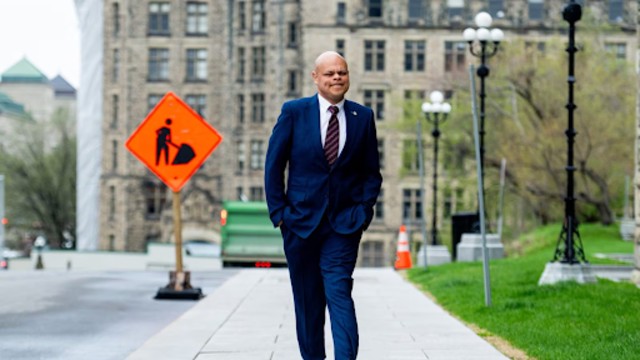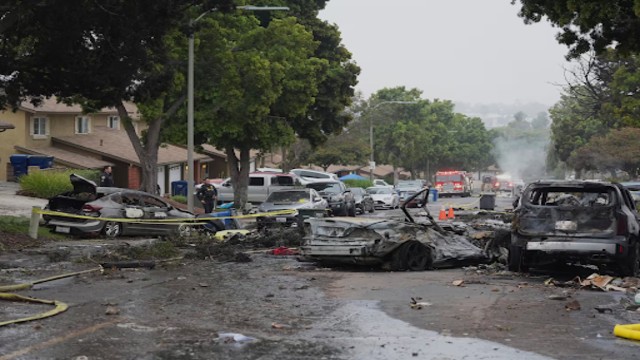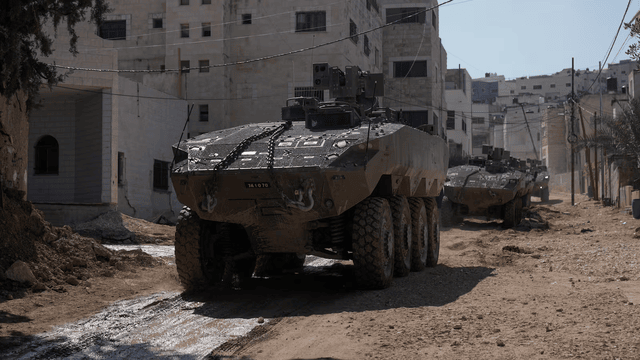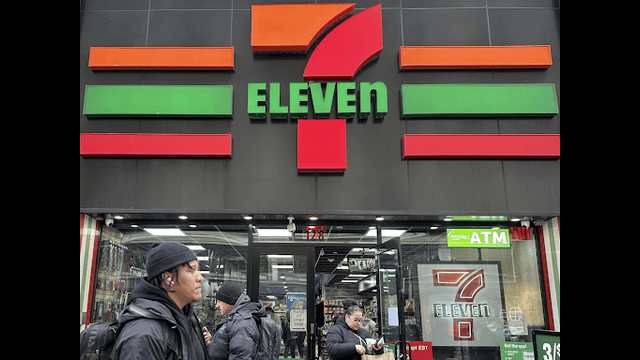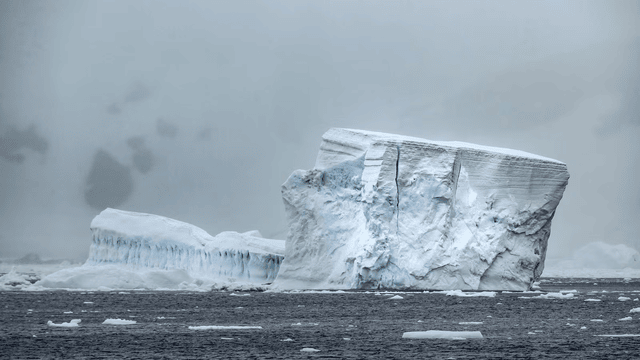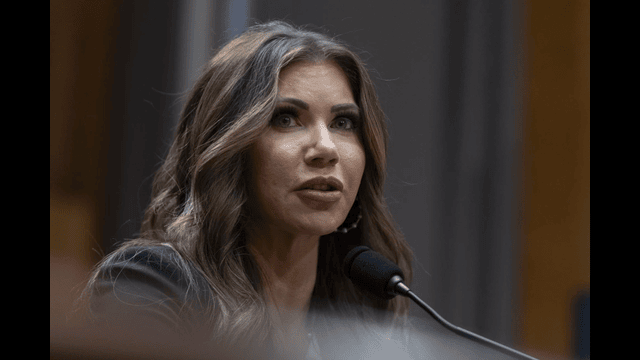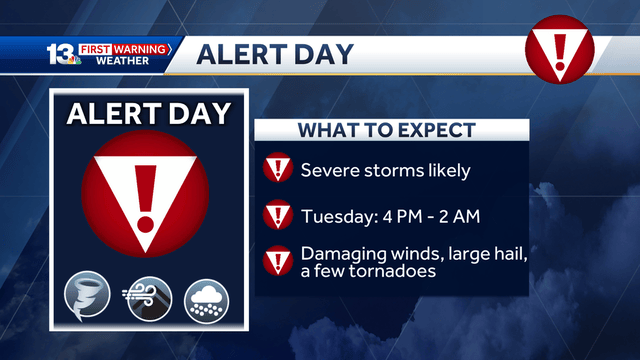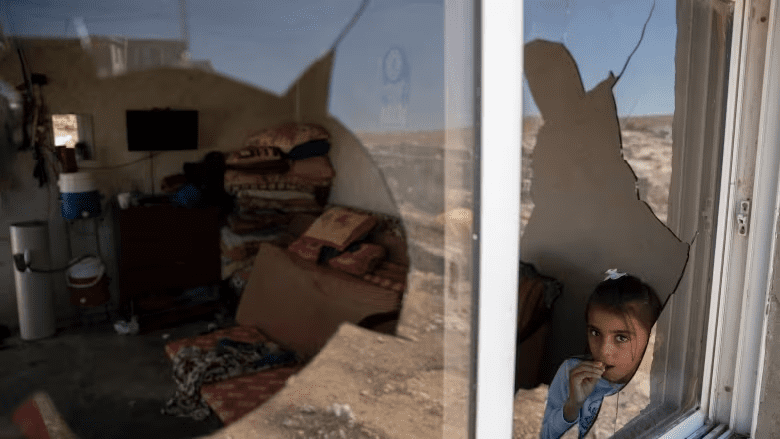
A young Palestinian girl peers through the broken window of her family's residence following an assault by settlers in the West Bank village of al-Mufagara, near Hebron, captured on Thursday, September 30, 2021. (Photo by Nasser Nasser/Associated Press)
The Canadian government, led by Prime Minister Trudeau, is yet to confirm whether it will impose sanctions on violent Israeli settlers, following recent travel bans declared by the United States and the United Kingdom. This uncertainty persists despite the European Union's foreign policy chief, Josep Borrell, announcing his intent to recommend EU sanctions as well.
Canada, in alignment with its American, British, and European counterparts, has urged Israel to curb the activities of extremist Jewish settlers, who, under the leadership of Prime Minister Benjamin Netanyahu, have heightened levels of fear and violence in the West Bank.
Notably, Netanyahu's cabinet includes some of Israel's most radical settler leaders in prominent positions.
A Joint Statement Echoes Concerns
Last Friday, Canada joined the EU, the UK, and Australia in a joint statement expressing deep concern over Israel's inability to restrain or prosecute Jewish extremists. The statement highlighted that this failure has created an "environment of near-complete impunity" for settlers engaged in acts of violence.
However, when questioned about potential actions against violent settlers, a spokesperson for Global Affairs Canada (GAC) maintained a cautious stance. Grantly Franklin stated, "Canada is judicious in its approach to imposing sanctions and is committed to their effective and coordinated use when appropriate." He emphasized the rigorous due diligence process Canada follows to evaluate circumstances that may warrant sanctions.
International Measures Against Settler Violence
The UK has taken a decisive step by implementing a travel ban on individuals responsible for settler violence, with Foreign Minister David Cameron stressing the undermining of security and stability caused by extremist settlers targeting and killing Palestinian civilians.
U.S. President Joe Biden has consistently urged Israel to act against escalating settler attacks, equating it to "pouring gasoline on fire." The U.S. has also hinted at imposing a visa ban on dozens of settlers, including their family members. Additionally, the Biden administration halted the transfer of 20,000 U.S.-made rifles to Israel's national police, fearing they might end up in the hands of settler extremists.
Escalation of Settlement Activity
The situation in the West Bank has become increasingly dire, marked by a surge in new Israeli settlement construction and forced removals of Palestinians. The year 2023 has already become the deadliest in two decades for West Bank Palestinians, with 270 killed since October 7, according to UN figures. This toll matches the combined deaths of the previous seven years, including over a hundred children.
The Israeli government, with National Security Minister Itamar Ben Gvir, an extreme West Bank settler, overseeing the police, has faced criticism for its failure to address settler violence. Ben Gvir, known for distributing weapons to settlers, has pledged to continue providing arms despite ongoing concerns.
Canada's Stance on Israeli Settlements
Canada's official foreign policy deems all Israeli settlements in the West Bank as illegal, an obstacle to peace, and a violation of the Fourth Geneva Convention. However, in practice, the Trudeau government has provided diplomatic and legal cover to the Israeli settlement enterprise.
Despite consistently voting against UN motions calling for the upholding of the Fourth Geneva Convention and ceasing settlement construction, Canada has not translated its official stance into concrete actions.
As the international community grapples with settler violence, the Trudeau government's approach remains under scrutiny, with questions raised about the effectiveness of potential sanctions on individuals compared to addressing the larger issue of state-backed settler violence.
In conclusion, Canada finds itself at a crossroads, carefully weighing its response to the alarming rise in settler violence in the West Bank. The international community awaits Canada's stance as it navigates the delicate balance between diplomacy, human rights, and the need for decisive action in the face of escalating tensions in the region.


